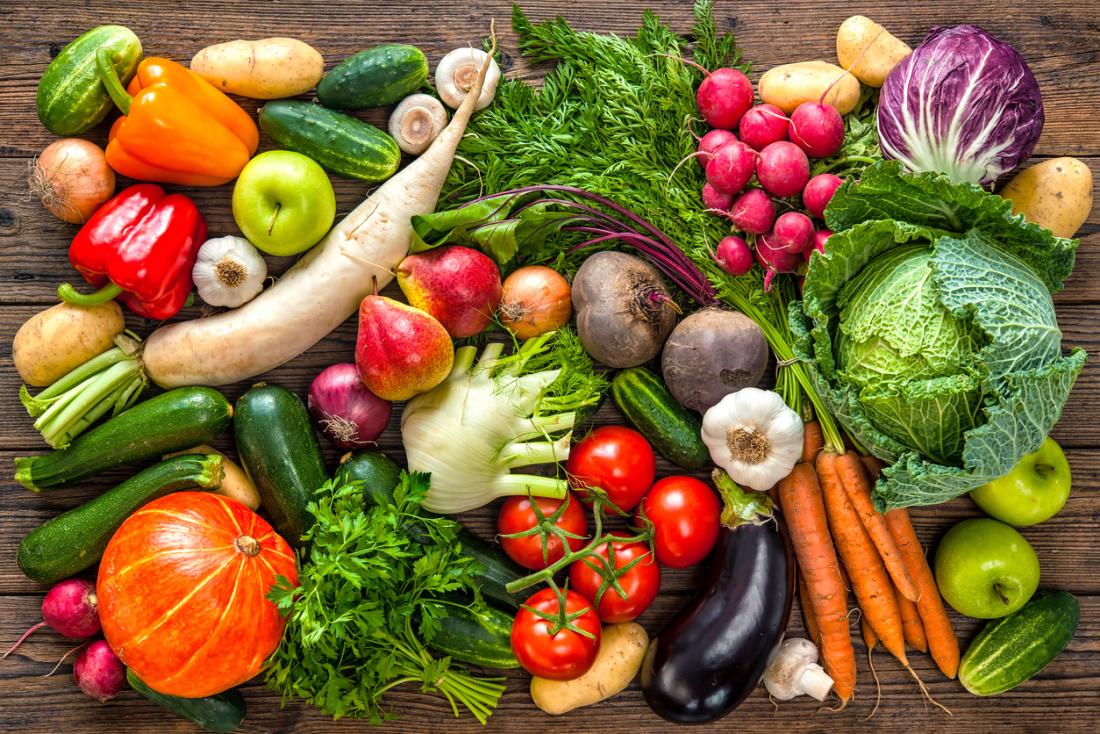Part of the Food Policy Snapshot Series
Policy Name: Austin’s Universal Recycling Ordinance
Location:
Austin, Texas
Population: 950K (U.S. Census Bureau, 2017)
Overview: On October 1, 2018, Texas’s capital city enacted the Universal Recycling Ordinance, requiring all “food-permitted businesses” to responsibly dispose of food waste and to divert organic materials, such as food scraps, away from landfills. In order to do that, they are given the options to donate extra food to shelters, send food scraps to animal farms, or compost organic waste. According to the city’s 2015 Diversion Study, 37 percent of material sent to landfills is organic and could have otherwise been donated or composted to benefit rather than harm the environment. The ordinance is a key component of the city’s larger strategy to reach Zero Waste by 2040 by keeping 90 percent of discarded materials out of the city’s landfills.
With this ordinance, Austin joins New York, Seattle and San Francisco in leading the way on food waste reduction. In 2009, San Francisco began requiring all businesses and residences to recycle and composite. The city offered recycling bins, compositing containers and trash receptacles to residential areas in an effort to encourage more environmentally-friendly disposal. San Francisco now diverts an astounding 80 percent of its total waste from landfills. In 2015, Seattle became the first city in the nation to fine homeowners for throwing out food and food waste in the garbage; single households pay $1 per violation but apartments, condos and commercial buildings could be fined $50. Further, the New York City Department of Sanitation announced in February 2018 that large restaurants, chain restaurants and grocery stores must dispose of excess organics through composting, donation or anaerobic digestion. These new rules will be enforced starting February 2019.
Progress to date: On December 15, 2011, the Austin City Council adopted the Austin Resource Recovery Master Plan, which established milestones to ensure that the City Council’s goal of Zero Waste by 2040 is achieved on time.
By October 1, 2017, all Austin properties were required to ensure that tenants and employees have convenient access to recycling.
By October 1, 2018, all Austin food enterprises were required to ensure that their employees have convenient access to diversion services for organic waste.
Program/Policy Initiated: October 1, 2018
Food policy category: Food Waste Reduction & Management
Program goals: To avoid food waste and divert organic material from landfills in an effort to reach Zero Waste by 2040
How it works:
The ordinance requires “convenient access for employees to divert discarded organic material from landfills.” Businesses are encouraged to choose an alternative option provided by the ordinance, such as donating extra food, sending leftovers to farms or compositing either on-site or with a private organic collection provider.
The ordinance also requires businesses to provide organic waste diversion education for employees and to submit an online Organic Diversion Plan annually; businesses have until February 1, 2019 to submit an online plan outlining how they will responsibly get rid of their organic products.
To ensure effective transition, Austin Resource Recovery’s Business Outreach services offer free site-specific information, guidance and training. Austin Resource Recovery is also offering two free training sessions, which are being held this month. The training sessions are designed to teach food-service managers, commercial property owners/managers and janitorial-service providers about how to implement effective organic diversion or recycling programs, how to complete the required online Organic Diversion Plan and other best practices for ordinance compliance.
According to Susanne Harm, Public Information Specialist at Austin Resource Recovery, the purpose of the ordinance is to ask and help businesses to find an alternative solution for leftover food. “It’s not a compositing ordinance and it’s not a ban. It’s an ordinance that’s requiring restaurants to responsibly dispose of waste,” she told Newsweek magazine.
Why it is important:
Targeting food waste has multiple benefits for public health and our environment. According to the Natural Resources Defense Council’s report, Wasted, 40 percent of food in America is not eaten and goes to waste. Americans throw out more than 1,250 calories per day per person. This highlights the paradoxical existence of massive food squandering in the midst of widespread food insecurity; 42 million Americans live with food insecurity and fewer than one-third of the food we throw out would be enough to feed every one of those individuals.
Further, every time a bag of food is thrown out, it is much more than spoiled produce — it is a waste of labor, vehicle miles, fresh water and fertilizer, resulting in a waste of money and precious resources as well as an acceleration of climate change. Food waste is responsible for at least 2.6 percent of all US greenhouse gas emissions and is the number one contributor to landfills today. Waste occurs at all levels of our food system’s supply chain but primarily in households and restaurants. In fact, according to Wasted, restaurants together with institutional food service providers generate approximately two to four times more waste than grocery stores, retail supercenters and wholesale distributors combined.
Therefore, by enforcing food-permitted businesses to donate extra food to shelters or compost food waste, Austin is taking an effective and innovative approach to reducing hunger and climate change.
Implementation: Austin Resource Recovery is responsible for implementation and evaluation. Businesses that do not comply will face fines of up to $2,000.
Learn more:
Point of Contact:
Sussanne Harm
Public Information Specialist
Austin Resource Recovery
T: (512) 974-9087
Similar practices:
In an effort to combat and reduce food waste, the City of Ghent launched the FoodSavers program in March of 2017. FoodSavers collects surplus from supermarkets and producers that would otherwise have been thrown away, and donates it to social organizations in need of food. Read more.
References:
https://inhabitat.com/austin-passes-law-banning-restaurants-from-throwing-out-food-waste/
https://www.huffingtonpost.com/entry/austin-bans-food-waste_us_5bb47ea3e4b028e1fe3901f9
https://www.newsweek.com/austin-bans-restaurants-throwing-away-food-1150496
https://www.kxan.com/news/local/austin/austin-restaurants-can-no-longer-throw-away-food/1490252822


